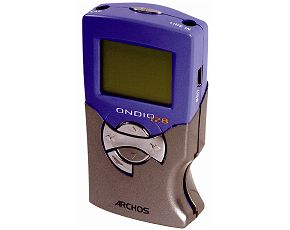
Well, I finally plunked down my plastic and picked up a Tungsten T3. Now what? I have already downloaded:
- “Eudora Internet Suite”:http://www.eudora.com/internetsuite/download/ so I can sync my Palm with my Eudora email and
- “Avantgo”:http://www.avantgo.com/ for content on the move
I’ve also bookmarked:
- “Palminfocenter”:http://www.palminfocenter.com/
- “Handheldnews”:http://www.handheldnews.com/ and
- “Brighthand”:http://www.brighthand.com/morenews.php?site=Palm
for news about what new stuff is coming up. Where should I be looking to find lists and reviews of the best freeware and shareware apps for my Palm? Are there any must-have applications I should run and get right away? Any I should shy away from? Where should I look for the most up-to-date news about Palm-related stuff? And where should I go for good Palm-related peer tech support?
Later: This article suggesting that there may be “no upgrade path to PalmOS 6”:http://www.brighthand.com/article/palmOne_Refuses_to_Confirm_OS_6_Upgrade for existing models has me nervous. Should I cancel my order (I ordered online and it hasn’t arrived yet)? I don’t want to be stuck with the last incarnation of a dead-end OS. On the other hand, if I waited a few months to get a new PalmOS 6 model it might be buggy… What do you think? Do you think they’ll make the top-end models of Palm upgradeable but just don’t want to guarantee anything?



